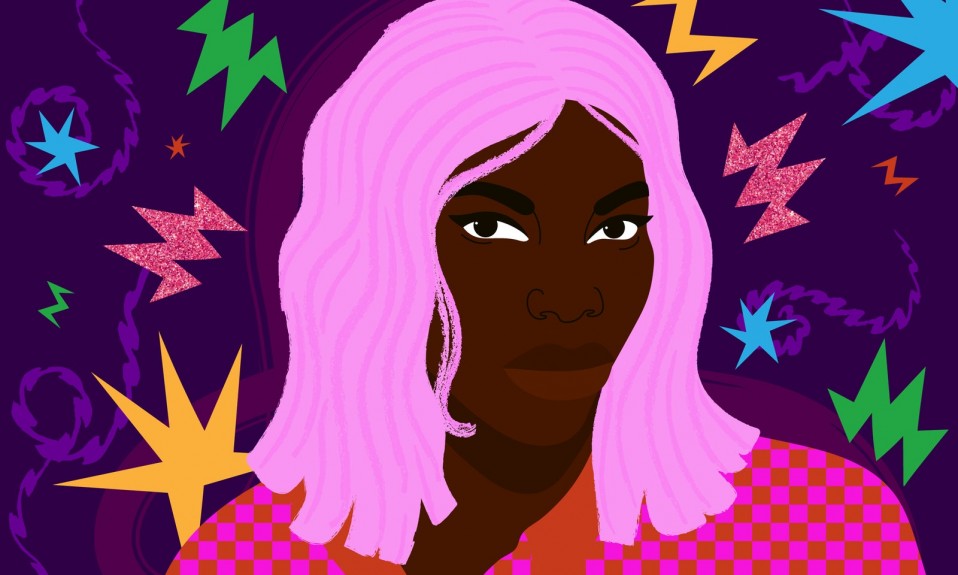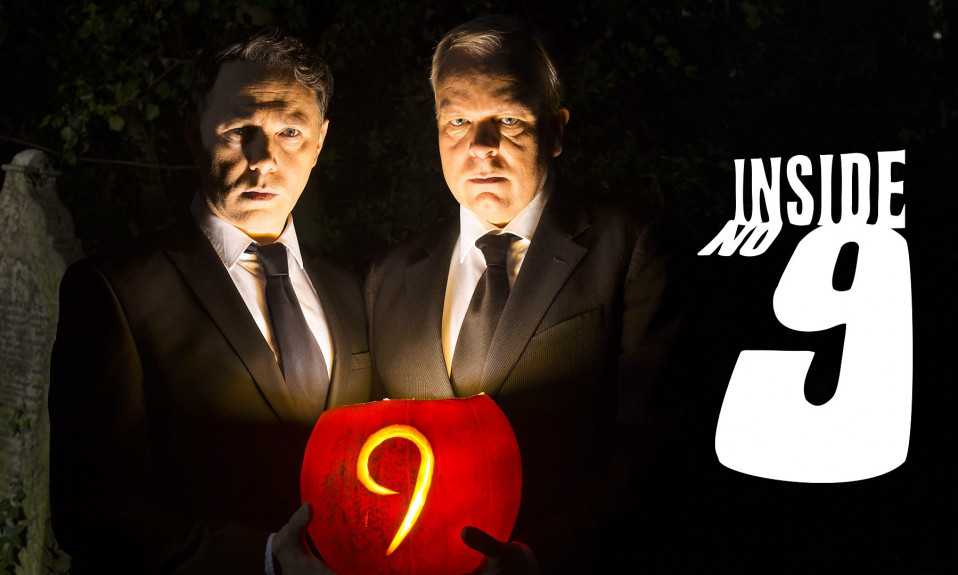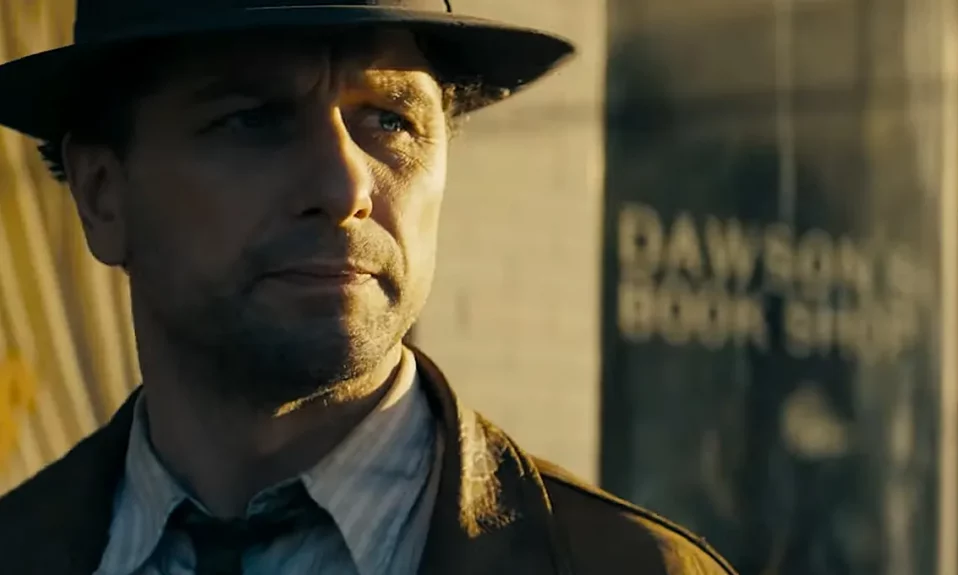What hit me first was how the title edits itself. The words appear as if typed on a screen, the blinking cursor at the end awaiting its next command. I May Destroy You. Quickly then, milliseconds before the title card disappears, the cursor backspaces and deletes the ‘you’. I May Destroy. Destroy what, exactly? You? Me? Everyone? Everything? This minor blink-and-you’ll-miss-it moment speaks to what makes Michaela Coel’s 12-part BBC series the ground-breaking work of television that it is: it is in detail.
That, in its way, speaks to the conversations that have evolved around sexual assault. What’s in the detail? The small pieces of DNA that disappear so quickly, the intricate specifics of the assault, and how it all comes together in the mind. The memories of those who have been assaulted are so often questioned, the details of a story might change, and deniers latch onto that as a sign of deception. The fallibility of memory is weaponised against survivors, and the societal shame attached to it used to discourage those who might want to speak.
In I May Destroy You, Coel plays Arabella, a young writer trying to finish her second book. As her deadline looms she pulls an all-nighter but, when inspiration doesn’t come, she heads out and meets up with some friends in a local bar called Ego Death. It is there, in that cunningly named bar, that Arabella’s life is altered when she is spiked and sexually assaulted. Over the next eleven episodes, Arabella reckons with the trauma of the assault and explores the boundaries of consent. When is it given? In what circumstances is it taken away? How can it be manipulated? In this journey, Coel leaves no stone unturned as the show explores ‘stealthing’, withholding information, rape, and so much more while delving into those commonly discussed ‘grey areas’, which was something that hit hard with me.
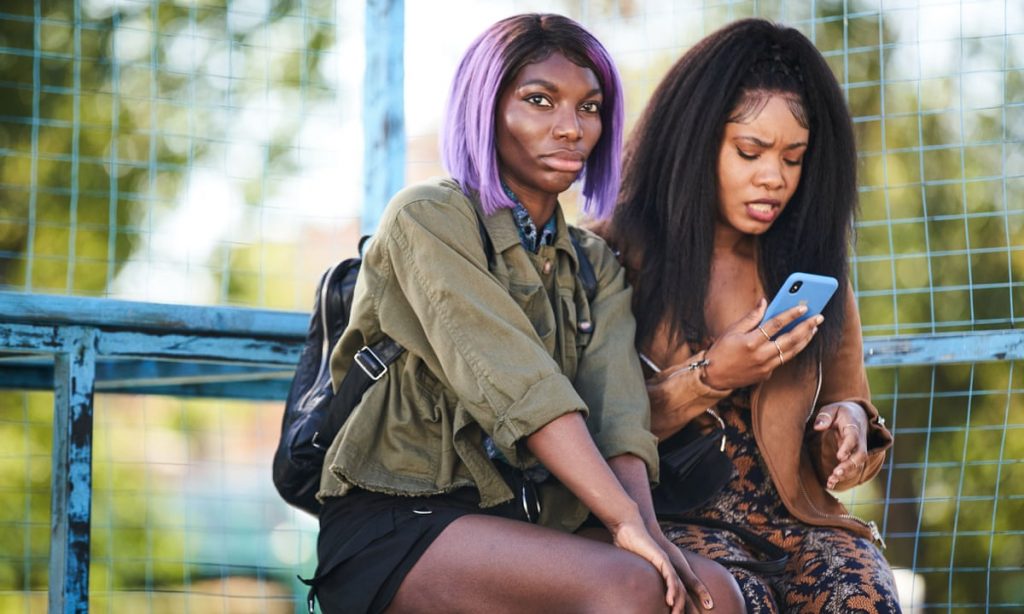
In January of 2014, when I was living in University halls, I met up with a guy from Grindr. We were both back on campus earlier than anyone else, and we struck up a conversation about how quiet the city was without the throngs of students piling into clubs and bars. He suggested we meet up for a cigarette, for some in-person conversation to fend off that post-Christmas isolation.
Outside my halls, we smoked together. He talked about his friends, most of whom were international students and weren’t due back in Liverpool for another few weeks. He hadn’t been able to afford to go home and so spent Christmas alone in his halls. He became emotional – talking about how hard it had been and how much he’d missed being with people. This was his first time living away from home and each day seemed more laborious than the last.
He asked if I wanted to go back to his halls. They were a short walk away, and he needed to piss but didn’t want our conversation to end. I agreed under the understanding that I wasn’t going have sex with him – something that I felt I needed to say because we’d met on Grindr. He smiled, sweetly, and said he understood.
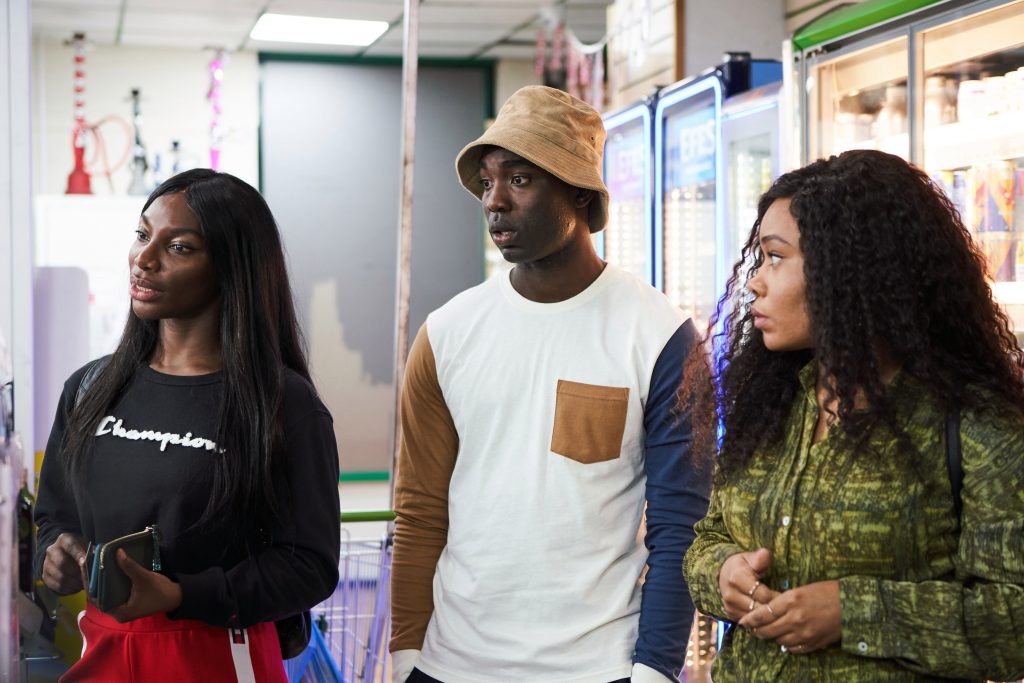
In his room, I sat on his single bed while he pissed in the small en-suite bathroom. When he came out, he sat down next to me and said he was grateful that I’d met up with him, that he was feeling so much better. He put his hand on my leg and slowly drew it up my thigh, and I froze. It dawned on me that I’d taken him at his word and foolishly not told anyone where I was going. No one knew where I was and, from what he’d told me, his flatmates hadn’t yet returned.
He reached over, took off my glasses, then leaned in to kiss me. I made no effort to receive his kiss, my face remained utterly still, but that didn’t seem to bother him. He kept on pushing, slowly asking more of me – not with words but with his hands, rubbing against me, unbuttoning my jeans – and because I was afraid, I didn’t stop him.
I knew that what had happened wasn’t within the realms of acceptability. As I got in the lift afterwards, I knew I had been taken advantage of. I questioned everything he’d told me. Was he really alone? Was it all a ruse? Had he actually spent Christmas surrounded by loving family members? Mostly, I felt stupid and, when I played it back to myself, I saw how it would sound to others. I met a guy on Grindr and did sexual things with him in his bedroom. What did I think would happen? I felt, though I hadn’t seen it yet, I understood that deleted ‘you’. I May Destroy… my relationship with sex, men, and intimacy.
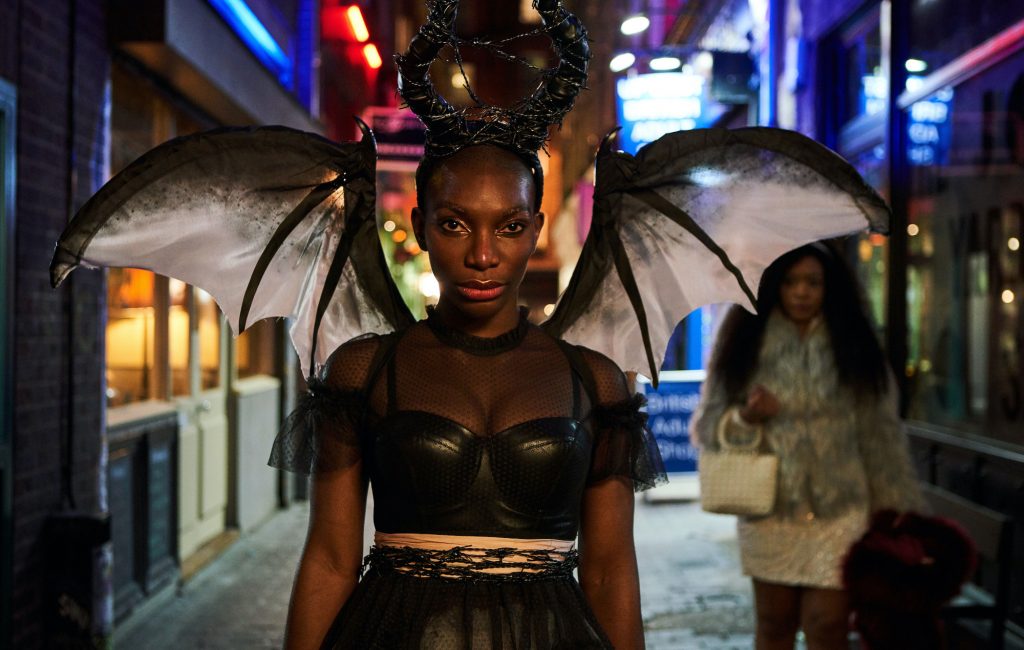
I told a few friends what happened in the weeks that followed, but it was so hard to find the language to convey how it made me feel. Outside of that, I rarely talked about that night but watching I May Destroy You has allowed me to revisit it over and over. I’ve thought a lot about Terry, played expertly by Weruche Opia, who enters into a threesome that seems liberating only to realise it wasn’t quite as it seemed. She didn’t have all the information when she consented, and thus the consent she gave was rendered moot. I’ve thought a lot about Kwame, brilliantly brought to life by Paapa Essiedu, who is assaulted on a Grindr hook-up and feels immense shame about it – which is fuelled by the response of the police. I’ve considered Theo, a teenage girl abused in various ways, lying about an assault at the hands of another black male student. I’ve wondered about the ramifications of Zain’s exposure as a rapist and his scope for redemption.
This is the power of Coel’s writing; she explores her subjects without judgement. She leaves room for a viewer to consider what is presented and for them to examine themselves in relation to it. The root of the show was her own experience with assault, and that truthfulness has extended to allow Coel to work from a place that is both radical and empathetic.
I May Destroy You is bold television; in fact, it might be the boldest. I am already comfortable writing that is the best show of 2020, and there are still five months left. It has, for me and likely many others helped reframe and contextualise experiences in a way that only art can. It has also opened up space for discussion, forgiveness, and light. It also speaks to the broader debate around consent that began with this show and Normal People and will continue with the release of Promising Young Women, and I Hate Suzie later this year. Hopefully, this is a sign of the tide turning.
In episode eight, entitled ‘Line Spectrum Border’, Arabella walks out into the ocean, seemingly to kill herself, but at the last second, she reappears. She is reborn. She sheds the choices she’s made and the trauma she’s been through and emerges as a different woman. That is precisely what Coel has done to the landscape of television – remade it. Be wary of those who enter post-I May Destroy You; it is an entirely different world.
I May Destroy You is available to stream on BBC iPlayer in the UK.
Also Read: How Film Changed Me: On Change
Read the rest of the How Film Changed Me series


